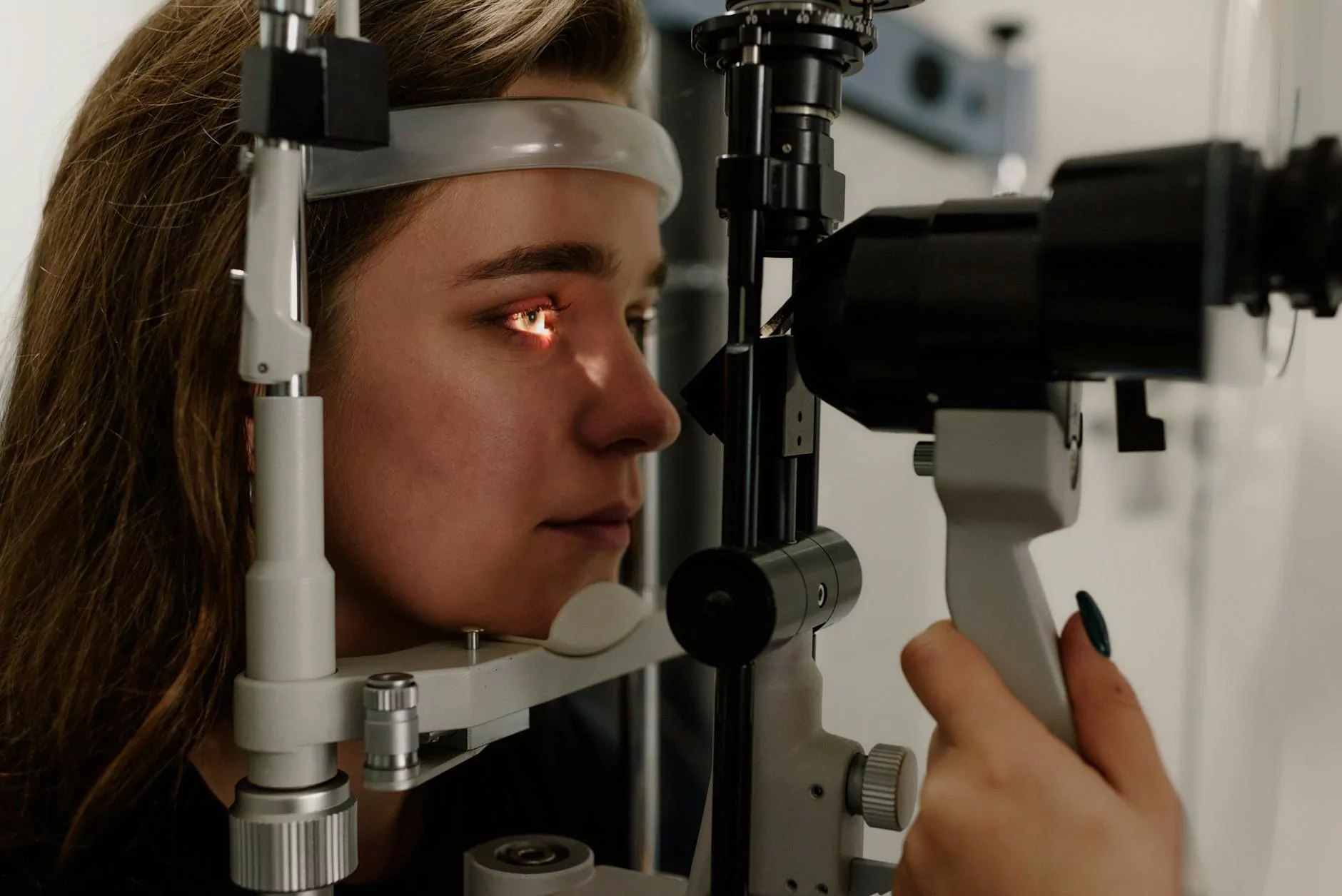Signs & Symptoms of Intellectual Disability Found in Adults with Autism

Introduction
In the realm of understanding intellectual disabilities in adults, it is crucial to explore their co-occurrence with autism. Autism, a neurodevelopmental disorder, often presents alongside intellectual disability, leading to unique challenges and support needs for affected individuals. This article delves into the signs and symptoms of intellectual disability found in adults with autism, shedding light on their experiences and providing valuable insights to help individuals, families, and caregivers navigate this complex landscape.
1. Communication Challenges
Adults with autism and intellectual disability often face significant difficulties in communication. They may struggle with expressive language, finding it challenging to effectively express their thoughts and emotions. This can manifest through limited vocabulary, repetitive speech patterns, or difficulties with sentence structure. Additionally, comprehension may be impaired, making it challenging for individuals to understand complex instructions or social cues.
2. Social Interaction Difficulties
Social interactions can be particularly challenging for adults with autism and intellectual disability. Difficulties in understanding non-verbal cues, such as facial expressions and body language, may hinder their ability to accurately interpret others' emotions and intentions. As a result, individuals may struggle to establish and maintain meaningful relationships, often facing isolation and feelings of loneliness.
3. Cognitive Limitations
Intellectual disability in adults with autism is characterized by cognitive limitations across various domains. Individuals may experience challenges in problem-solving, abstract reasoning, and critical thinking. Learning difficulties, particularly in academic settings, can significantly impact educational outcomes and vocational opportunities.
4. Sensory Sensitivities
Sensory sensitivities are commonly observed in adults with autism and intellectual disability. Hypersensitivity or hyposensitivity to sensory stimuli, such as light, sound, touch, or smell, can lead to frequent sensory overload or withdrawal. The individual may exhibit behaviors such as covering ears, avoiding crowded places, or experiencing discomfort due to certain textures.
5. Behavioral Patterns
Adults with autism and intellectual disability may display repetitive or restrictive behaviors. These behaviors can serve as coping mechanisms for managing anxiety or regulating sensory input. It is essential to understand that these behaviors are not necessarily indicative of the individual's preferences or interests but rather a response to their unique sensory and cognitive needs.
6. Supportive Strategies
Supporting adults with autism and intellectual disability requires a comprehensive approach that considers their individual strengths, needs, and preferences. Some effective strategies include:
- Visual supports: Visual aids such as schedules, social stories, and visual prompts can enhance understanding, facilitate communication, and support daily routines.
- Structured environments: Creating predictable and structured environments can help individuals feel safe and reduce anxiety. The consistent use of routines and clear expectations can improve navigation and understanding.
- Social skills training: Targeted social skills interventions can assist individuals with autism and intellectual disability in developing healthier communication patterns, fostering social connections, and enhancing overall quality of life.
- Sensory accommodations: Identifying and addressing sensory sensitivities can minimize environmental triggers and optimize comfort. This can include providing noise-cancelling headphones, offering alternative seating options, or allowing breaks in stimulating environments.
- Person-centered planning: Adopting a person-centered approach involves actively involving the individuals and their support network in decision-making processes, ensuring their goals, aspirations, and preferences are acknowledged and respected.
- Collaboration and advocacy: Building strong partnerships with support professionals, educators, and healthcare providers is crucial in advocating for appropriate services, accommodations, and opportunities for individuals with autism and intellectual disability.
Conclusion
Understanding the signs and symptoms of intellectual disability found in adults with autism is vital for providing effective support and ensuring their overall well-being. By recognizing and addressing communication challenges, social interaction difficulties, cognitive limitations, sensory sensitivities, and behavioral patterns, meaningful progress can be made in enhancing the lives of these individuals. At Festivals Bazar, we are dedicated to promoting awareness, disseminating information, and fostering understanding in the realm of intellectual disabilities and autism in adults. Together, let's create a more inclusive and supportive society for all.










